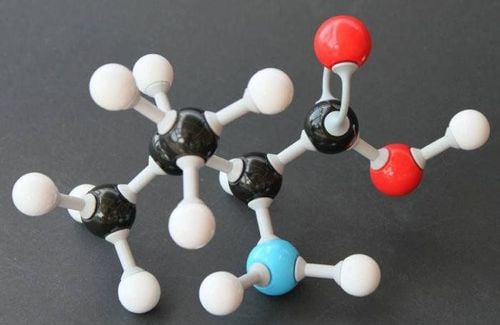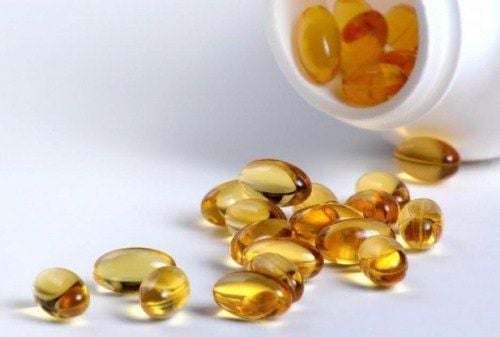This is an automatically translated article.
Avocados contain nearly 20 vitamins and minerals such as potassium, lutein and folate per serving. Avocados are low in sugar and contain fiber. Here are the health benefits of avocado as published by scientific research.
1. Avocado is very nutritious
Avocado is a fruit with high nutritional value, delicious and very rich. Today, avocado has become an extremely popular food among people who are conscious of protecting and promoting health. It is often referred to as a superfood, which is not at all surprising given its health properties.
There are now many different types of butter in shape and color. They also weigh from 220 grams to 3 1.4 kg/fruit. 100 grams of avocado contains nutrients such as:
Vitamin K: 26% of the Daily Value (DV) Folate: 20% of the DV Vitamin C: 17% DV Potassium: 14% of the DV Vitamin B5: 14% of the DV Vitamin B6: 13% of the DV Vitamin E: 10% of the DV
2. Avocado contains more potassium than banana
Potassium is an essential nutrient for the body and most of us are often deficient in potassium. This nutrient helps maintain electrical impulses in the cells of the body and serves various important functions. Avocados are rich in potassium. One 100g provides 14% of the body's potassium. Compared to bananas that only provide 10% potassium, this is a typical high-potassium food. Some studies suggest that potassium is associated with a reduction in blood pressure.
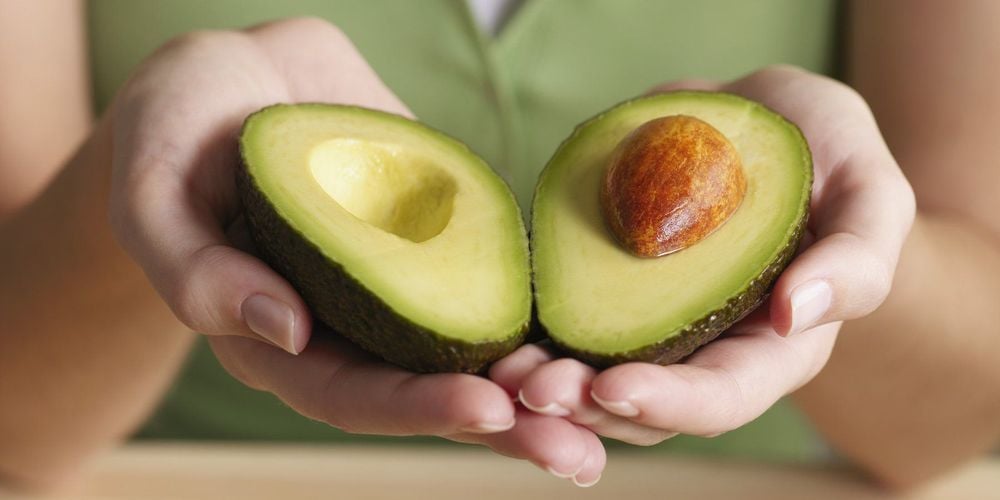
Trái bơ chứa một hàm lượng lớn chất Kali
3. Avocados are loaded with heart-healthy monounsaturated fatty acids
Avocado is a high-fat food. In fact, 77% of the calories in it are from fat, which makes it one of the fattest foods in the flora. Most of the fat in avocados is healthy monounsaturated fatty acids. Oleic acid reduces inflammation and has been shown to have beneficial effects on genes involved in cancer.
4. Butter is loaded with fiber
Avocados are rich in fiber, which is a contributing factor to weight loss, lowering blood sugar. Every 100g of avocado contains 7g of fiber, of which soluble fiber accounts for about 25%. Soluble fiber to feed the friendly gut bacteria in the gut, which is important for body function.
5. Lower cholesterol and triglyceride levels
Eight controlled studies in humans examined the effects of avocados on several risk factors for heart disease, inflammation, blood pressure, and more.
These studies show that avocado can significantly reduce total cholesterol such as: Reduce blood triglycerides by up to 20%.; Reduce LDL cholesterol by up to 22%; Increases HDL ("good") cholesterol by up to 11%.
One of the studies found that eating avocados on a low-fat vegetarian diet significantly improved cholesterol profiles.
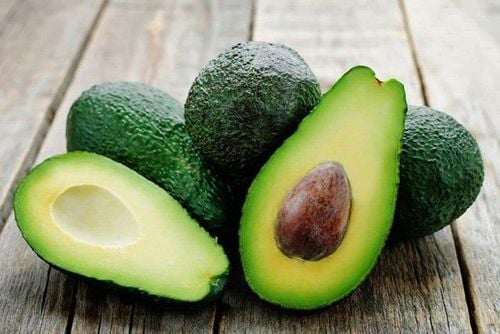
Trái bơ giúp phòng ngừa một số bệnh tim mạch ở người
6. Boosts Health and Mood
In each cup of avocado, we will get about 118 micrograms of folate, almost 1/3 of the daily folate needs for adults. People who don't get enough of this B vitamin may be more prone to depression — and less likely to respond well to antidepressants. Folate also plays a role in preventing birth defects, so new and expectant mothers are encouraged to get more. One study looked at the dietary habits and health of avocado eaters. And it was found that people with the habit of eating avocados were much healthier than those who did not eat this fruit.
7. Their fat content can help you absorb nutrients from plant foods
When it comes to nutrients, intake isn't the only thing that matters, it's also about the ability to absorb these nutrients - moving them from the digestive tract and to the body, where they can be used.
Some nutrients are fat soluble, which means they need to be combined with fat in order to be used. Fat-soluble vitamins A, D, E, and K, along with antioxidants like carotenoids.
One study found that adding avocado or avocado oil to a salad or salsa could increase antioxidant absorption by 2.6 to 15 times.
So avocado is not only very nutritious, it can greatly increase the nutritional value of other plant foods that we eat.
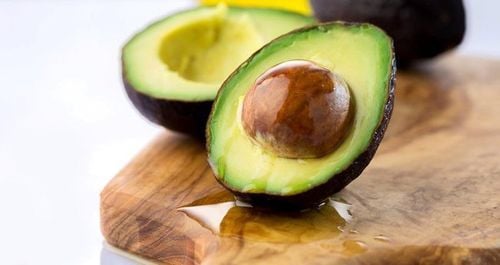
Quả bơ làm tăng khả năng hấp thụ các chất dinh dưỡng từ thực phẩm thực vật
8. Avocado can protect eyes
Avocados contain lutein and zeaxanthin, which help absorb light waves that damage vision. People who eat a lot of antioxidant-rich foods like these are less likely to develop age-related macular degeneration, the leading cause of blindness in older adults. Most of an avocado's antioxidants are found in the dark green flesh closest to the skin.
Avocado's antioxidants can help keep your skin looking young by smoothing wrinkles, protecting your skin from UV damage. Avocado paste can help with wound healing, so you can apply it on a sunburn.
9. Avocados may help prevent cancer
Avocados have oleic acid, a monounsaturated fatty acid that may reduce the incidence of breast cancer, according to a study of more than 4,000 women. And a compound in avocados called avocatin B can kill leukemia cells, according to a lab study.
10. Avocado relieves arthritis symptoms
Arthritis is a chronic disease that people easily experience. Many studies show that avocado and soybean oil extracts — known as unaponifiable avocado and soybeans — can reduce osteoarthritis.

Người mắc bệnh viêm khớp mãn tính nên bổ sung trái bơ hằng ngày
11. Avocado helps lose weight
Half a cup of guacamole has about 6 grams, which is almost 1/4 of your daily fiber needs. Fiber helps you feel full, so you're less likely to want to eat. And although avocados are high in fat, they're mostly healthy monounsaturated fats. Research has found that this type of fat in your diet can help cut your waistline. Instead of chicken salad with mayo, try chickpeas with mashed avocado.
12. Avocados are delicious and easy to incorporate in the diet
Avocados are not only healthy, they are also incredibly delicious and go well with many foods.
They can be eaten with salads and various recipes or simply eaten straight.
Butter has a creamy, fatty texture and pairs well with other ingredients.
Avocados are usually a bit soft when ripe and the nutrients in avocados can oxidize and turn brown soon after ripening, but adding lemon juice will slow this process down.
Avocado is a wonderful food, contains many essential nutrients for the body and is often not provided in full through daily meals.
Reference source: webmd.com; healthline.com




